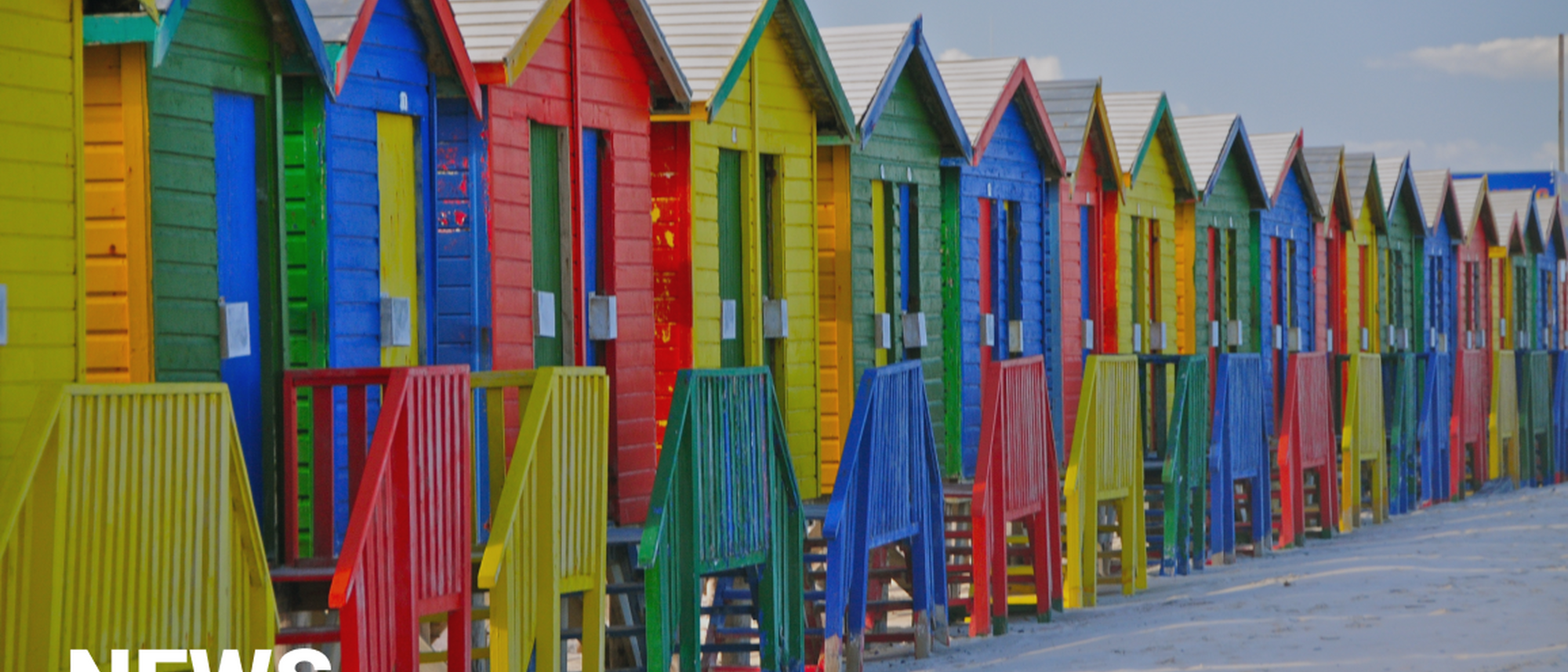While the dawn of humankind was incepted in the limestone caves of Northern Gauteng, the story continued and grew into the Western Cape.
Wesgro’s Chief Marketing Officer for Tourism, Judy Lain, said: “The ability to package the incredible offering we have around early culture and how its transpired into modern day in the Western Cape, with a globally renowned landmark such as the Cradle of Humankind WHS, is an opportunity to position the destination globally and attract more visitors.”
To launch the Cradle of Human Culture a micro-site will be developed detailing information on the experience. To support in marketing the initiative a short video, imagery and a booklet will be shared on social media channels and other digital platforms.
“The connection between the Cradle of Humankind WHS and the Cradle of Human Culture is a connecting thread between our physical being and our aesthetic being,” said Michael Worsnip, Managing Director of Maropeng.
Three archaeological sites in the Western Cape - Blombos Cave, Pinnacle Point Site Complex on the south coast, and the Diepkloof Rock Shelter on the Cape West Coast – together preserve some of the world’s earliest evidence of evolution of modern human behaviour and for this reason they are in the process of being nominated for World Heritage Site status.
Boasting ornately decorated ostrich eggs, marine shell beads, engraved ochre, bone tools and finely made bifacial points are just some of the archaeological treasures found at these sites, which display complex task processing and development of symbolic systems. As the United Nations Educational, Scientific and Cultural Organization (UNESCO) nomination mentions, these sites hold an “unmatched record of palaeoenvironmental and human history in an important phase of human evolution, the development of anatomically modern humans”.
Not limited to the fore mentioned sites, the dawn of human culture stretches across all six regions of the province with sites such as the West Coast Fossil Park - home to one of the world’s richest concentration of fossils dating back 5-million years - taking us into the past. Museums such as the Zeitz MOCAA, with its incredible collection of contemporary art, add a new dynamic by giving us a glimpse of the present and the not-too distant future.
“The Cradle of Humankind World Heritage Site celebrates the human journey, from our earliest beginnings - to the challenges of our present - to our uncertain future. It celebrates human development, in every shape and form. It is wonderful indeed to now have established a new showcase for this diversity, complexity and unity of our species, in the newly established Cradle of Human Culture. It is possible that in our arts and crafts, beliefs and extraordinary ingenuity, we can start to uncover some of the defining characteristics of our species,” added Worsnip.
Minister of Economic Opportunities, Beverly Schäfer, said: “The Cradle of Human Culture will provide a fascinating journey back to some of the very earliest human behaviours. By highlighting these aspects of our culture and heritage, we are able to provide another layer to our multi-dimensional tourism offering and provide new and unique experiences to a wider range of visitors.”
“We are hoping that the Cradle of Human Culture will become a tool for all South Africans to enjoy these beautiful sites, explore our common origins, dive into our past and understand what makes us humans. Through this journey, visitors to the Cradle of Human Culture will discover the enormous contribution that South Africa played in making us all humans,” commented the Director for Museums, Heritage and Geographical Names Services at the Department of Cultural Affairs and Sport, Dr Mxolisi Dlamuka.
Wesgro CEO, Tim Harris, concluded: “South Africa is globally regarded as a place of great heritage significance. Through identifying culturally rich sites in our Province, we become a part of the story of the early development of humankind. We are excited to introduce both local and international visitors to the Cradle of Human Culture, and hope to welcome many Easter holiday makers following the official launch on 11 April.”
Wesgro is Cape Town and the Western Cape's official Tourism, Trade and Investment Promotion Agency, and receives its mandate and funding from the Western Cape Government's Department of Economic Development and Tourism and the City of Cape Town.
Issued by Wesgro's Media Team, 26 February 2019
